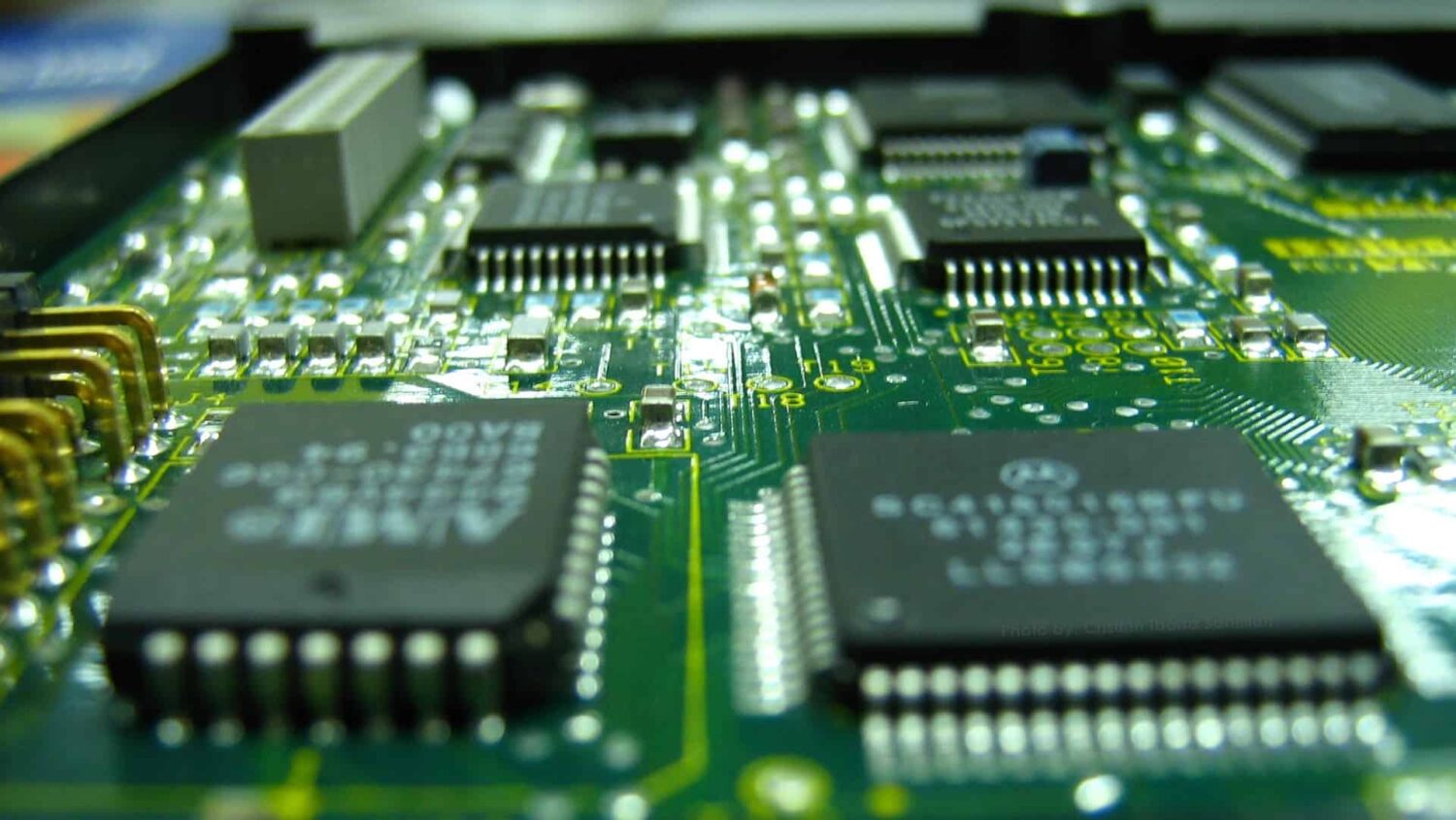THE HAGUE, NETHERLANDS – Dutch firm ASML, a major equipment supplier to the semiconductor industry, announced on Wednesday a drop in profits last year amid tech trade frictions between China and the United States.
The group reported a net profit of US$6.1 billion (5.6 billion euros) for 2022, 4.4 percent lower than in the previous year.
But the maker of lithography machines that print microchips said it expects strong growth for 2023, with net sales rising more than 25 percent.
The United States restricted exports of semiconductor technology to China last year and wants the Netherlands and Japan to follow suit over concerns about its potential military use.
“We continue to see uncertainty in the market caused by inflation, rising interest rates, risk of recession and geopolitical developments related to export controls,” ASML chief executive Peter Wennink said in a statement.
“However, our customers indicate that they expect the market to rebound in the second half of the year,” he said.
ASML makes the bus-sized Extreme Ultraviolet (EU) machine that prints circuits on microchips at the smallest possible level permitted by current miniaturisation technology.
But the technology is listed on a multilateral agreement signed by around 40 countries including the United States and the Netherlands governing export controls on dual use civilian-military technology.








